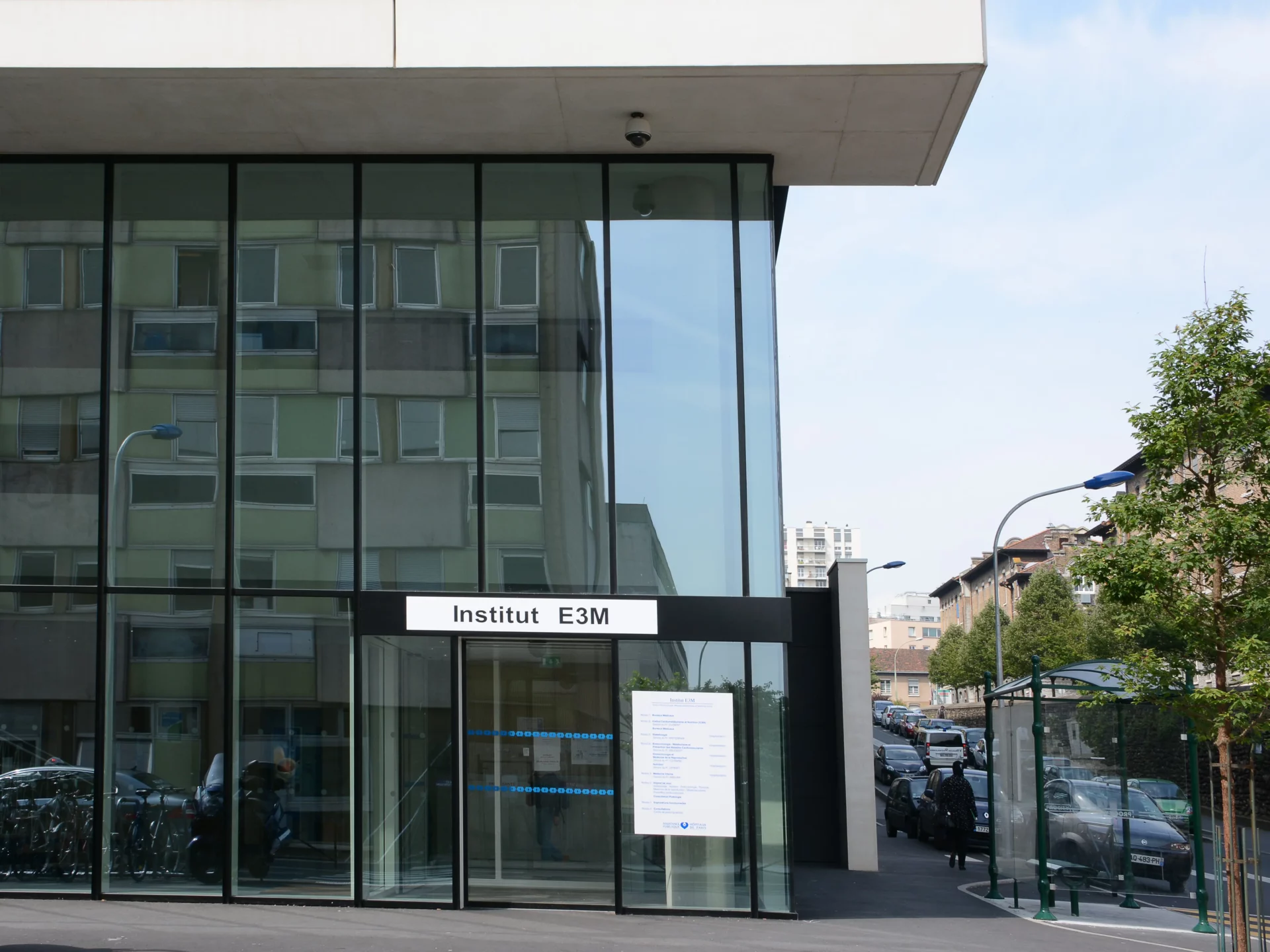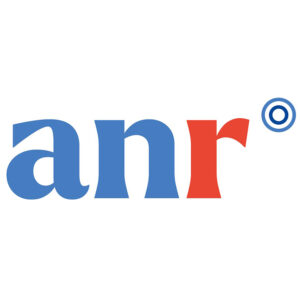PRADORT Rare Diseases Reference Centre
Heads: Dr Pauline Faucher and Prof Christine Poitou
- An expert centre in the genetics ofobesity, its aim is to recognise and treat forms of obesity linked to rare diseases or genetic factors.
- The PRADORT adult CRMR at the Pitié-Salpêtrière Hospital, coordinated by Professor Poitou-Bernert, provides multidisciplinary care for patients in the Île-de-France region suffering from severe or complicated forms of rare obesity, with the support of adult and paediatric nutrition teams. It works closely with the IE3M’s endocrinology departments, particularly as part of the TransEnd transition programme.
- The centre is also responsible for organising medical and non-medical care in the Ile-de-France region for the management of obesity.
- At national level, it leads the care network for rare genetic obesity through disciplinary consultation meetings and active participation in the DéfiScience network.
- The team coordinated the drafting of a National Diagnosis and Care Programme (PNDS) for rare-cause obesity.
- It has developed a web-based tool to help clinicians guide the Obsgen genetic diagnosis .
- A specific programme of therapeutic education for patients and their families has recently been submitted to the ARS.
- A database of phenotypes, promoted by the AP-HP, has been in place since 2020 (ClinicalTrials.gov Identifier: NCT04604626).
Pathologies monitored
- Prader-Willi syndrome and other syndromic obesities
- Monogenic obesity
Number of patients followed
The active file of the CRMR is approximately 600 adult patients
Research areas
- New drug treatments
- Phenotyping, particularly of eating behaviour
Reference Centre for Hereditary or Rare Cardiac Diseases
Head: Pr Philippe CHARRON
- The Reference Centre for Hereditary or Rare Heart Diseases has been accredited since 2014 by the Ministry of Health as a centre of excellence for clinical care, research and training.
- It focuses more specifically on Cardiomyopathies on the one hand and Rhythm/Conduction Disorders on the other. Collectively, these are the main causes of sudden death and heart failure in young people. The centre is structured in the form of a multidisciplinary network and a technical platform to ensure optimal overall medical care. It is supported by a strong research activity, particularly in conjunction with UMR1166_SU/Inserm.
Diseases treated
- Dilated cardiomyopathy
- Hypertrophic cardiomyopathy
- Restrictive cardiomyopathy
- Arrhythmogenic right ventricular cardiomyopathy
- Non-compaction of the left ventricle
- Fabry disease
- Cardiac amyloidosis
- Brugada syndrome
- Long QT syndrome
- Short QT syndrome
- Catecholergic ventricular tachycardia
Number of patients followed
The Pitié-Salpêtrière coordinating site represents more than 3,000 patients seen per year in consultation or hospitalisation and more than 3,000 genetic tests carried out per year for the diseases concerned.
The site has co-authored national (National Protocols for Diagnosis and Care, expert consensus) and international (recommendations from the European Society of Cardiology, the European Society of Human Genetics) management recommendations.
Research areas
Our teams coordinate and participate in a number of national and international research programmes, focusing in particular on the clinical characterisation of these diseases, prognostic stratification, identification of the genetic factors involved, understanding the pathophysiology and development of new therapeutic strategies.
These programmes have enabled the recruitment of large cohorts of patients (with phenotypic and genetic data), among the largest in Europe and the world. The CRMR has also developed a collection of bioresources, in particular for generating cardiomyocytes from iPS cells.
Reference Centre for Rare Insulin Secretion and Insulin Sensitivity Diseases
Head: Pr Agnès Hartemann
- The PRISIS network comprises the Centre de Référence Maladies Rares (Endocrinology, Hôpital Saint-Antoine, AP-HP) and 21 centres of expertise across France.
- Its expertise covers severe insulin resistance syndromes, including lipodystrophic syndromes and accelerated ageing syndromes, neonatal diabetes, monogenic diabetes and syndromic diabetes in children and adults.
- The PRISIS network’s mission is to provide referrals, research, expertise, teaching, training and care coordination in conjunction with the rare endocrine disease network (FIRENDO) and patient associations.
Number of patients treated
Active file of 150 patients monitored at the Reference Centre (severe insulin resistance and/or lipodystrophy syndromes in adults)
Research areas
- Clinical and metabolic characterisation of severe insulin resistance and/or lipodystrophy syndromes and diagnostic support
- Molecular bases and cellular modelling of severe insulin resistance and/or lipodystrophy syndromes
- Care pathways and patient quality of life
- Therapeutic innovation
Inflammatory Biliary Tract Diseases and Autoimmune Hepatitis Reference Centre
Head: Dr Eleonora De Martin
- The “Inflammatory Biliary Tract Diseases (IBD)-H” rare disease reference centre of the FILFOIE network and the Rare-Liver ERN coordinates 31 reference or competence centres.
- It has a monocentric database of 1,500 patients with primary biliary cholangitis, primary sclerosing cholangitis, genetic intrahepatic biliary lithiasis (LPAC) or autoimmune hepatitis. It participates in major international collaborative projects in the field and has industrial partners.
Reference Centre for Rare Endocrine Diseases of Growth and Development
Head: Pr Laetitia Martinerie
- This reference centre comprises 5 constituent centres, including the Pitié Salpêtrière, as well as centres of expertise across France.
- More than 2,000 patients are currently included in the Pitié centre, suffering from rare pituitary development disorders or rare hypothalamic-pituitary tumours such as craniopharyngiomas, as well as adrenal enzyme deficiencies leading to congenital adrenal hyperplasia, sexual development abnormalities or acquired ovarian disorders such as primary ovarian insufficiency.
Reference Centre for Rare Gynaecological Diseases
Head: Pr Michel Polak
- The centre comprises 4 constituent centres, including the Pitié Salpêtrière Hospital, as well as centres of expertise across France. Nearly 2,000 patients are currently included in the Pitié centre, presenting with anomalies of vaginal-uterine development, gynaecological complications of coagulation diseases, patients requiring special gynaecological monitoring in the context of systemic diseases such as lupus or histiocytosis, patients from the centre for rare endocrine diseases of growth and development requiring special gynaecological monitoring, and patients presenting with rare benign breast pathologies.
- The centre has obtained funding to draw up a PNDS (National Care Programme) and to set up therapeutic education programmes.
Competence Centre for Rare Dyslipidemias (CEDRA)
Coordinated by Dr Antonio Gallo
- Labelled in 2023 by the DGOS and coordinated by Prof Sophie Béliard, the APHM’s Centre of Reference for Rare Dyslipidemias (CEDRA) is dedicated to rare lipid disorders.
- It is part of the FIRENDO network and coordinates the activities of 8 centres of expertise throughout France.








